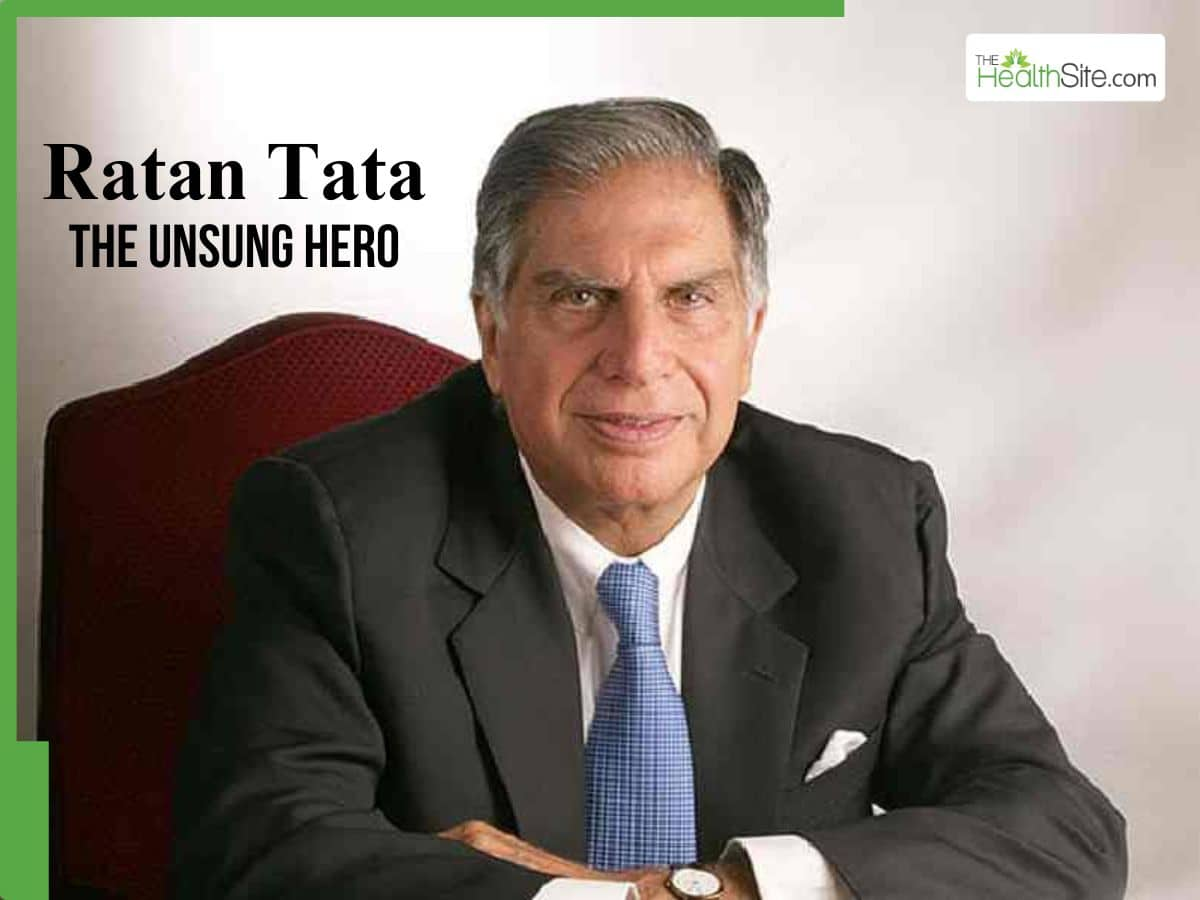
The lifetime risk of an unexpected and sudden death from a cardiovascular cause in the absence of pre-existing heart disease-;known as sudden cardiac death-;is more than 4 times higher for people with schizophrenia than it is for the general population, indicates Danish research published online in the journal Heart . The risk is still around twice as high for those with other types of mental ill health, such as depression, whatever their age, indicate the findings, which suggest that an 18 year old can expect to live around 10 fewer years than someone of the same age without mental health issues. The research to date indicates that young people with a psychiatric illness are at heightened risk of sudden cardiac death, but it's not clear if that risk extends across the lifespan or if particular mental health disorders are associated with greater risk.
To find out, the researchers systematically reviewed all deaths occurring in 18 to 90 year old Danish residents over the course of 2010, drawing on information from death certificates and post mortem reports. Mental health disorders within the previous 10 years were defined according to International Classification of Diseases criteria or by prescriptions for psychotropic drugs filled within the preceding year. During the course of 2010, 45,703 people between the ages of 18 and 90 died.
In all, 6002 of these deaths were classified as sudden cardiac deaths: 3683 in the general population and 2319 among those with a mental illness. People with mental health disorders tended to have a range of potentially influential risk factors. They tended to be older, female, and were more likely to have co-existing conditions, such as cardiovascular disease, heart failure, arrhythmias, and diabetes.
Overall, the number of cases of sudden cardiac death was up to 6.5 times higher among those with mental health disorders than it was in the general population. While cases were higher in all age groups, the gap narrowed in the oldest age groups.
Related Stories Liver X receptor beta offers new hope in treating depression and anxiety First map of DNA modification in the hippocampus and prefrontal cortex created Schizophrenia-related hallucinations linked to disrupted motor-sensory signals After taking account of age, sex, and coexisting conditions, mental ill health was nevertheless independently associated with a doubling in the risk of sudden cardiac death. The risk was twice as high in people with depression, 3-fold higher among those with bipolar disorder, and 4.5 times higher risk among those with schizophrenia.
Mental health disorders were also significantly associated with death from other causes–almost 3 times the risk–and with a shortened lifespan. Based on the findings, the researchers estimated that an 18 year-old with any type of psychiatric disorder might expect to live around 10 fewer years than someone of the same age without any of these conditions-;68 instead of 78. And they estimated that a 70 year-old might expect to live another 10 years compared with 14 more years in the general population.
Up to the age of around 40, sudden cardiac death explained around 13% of the discrepancy in reduced longevity. This is an observational study, and therefore no firm conclusions about causal factors can be drawn, caution the researchers. People with psychiatric disorders are more likely to have an unhealthy lifestyle, and one of the side effects of the medications prescribed is weight gain-;all factors that predispose to the development of conditions, such as high blood pressure and heart disease, explain the researchers.
But the fact that the association between mental health disorders and sudden cardiac death remained, even after adjusting for these influential factors "suggests that comorbidities, such as cardiovascular disease, are not the only mediators contributing to the higher risk of [sudden cardiac death]," they write. In a linked editorial, Drs Aapo Aro and Jarkko Karvonen of Helsinki University Hospital, say that while the research "significantly enhances our understanding of [sudden cardiac death] risk within the vulnerable population of psychiatric patients," its design means that "the underlying mechanisms behind [sudden cardiac death] remain largely speculative." Sudden cardiac death is preceded by symptoms in around half of those affected.
"If these symptoms are not ignored but acted on promptly, this translates into fivefold increased survival after cardiac arrest," they explain. Detecting and acting on these symptoms in those who are mentally ill may be even more difficult than in other groups of patients, they add, but suggest that in the not so distant future AI and wearable electronic devices might be able to identify those most at risk, and potentially save their lives. BMJ Group Mujkanovic, J.
, et al . (2024). Nationwide burden of sudden cardiac death among patients with a psychiatric disorder.
Heart . doi.org/10.
1136/heartjnl-2024-324092 ..














